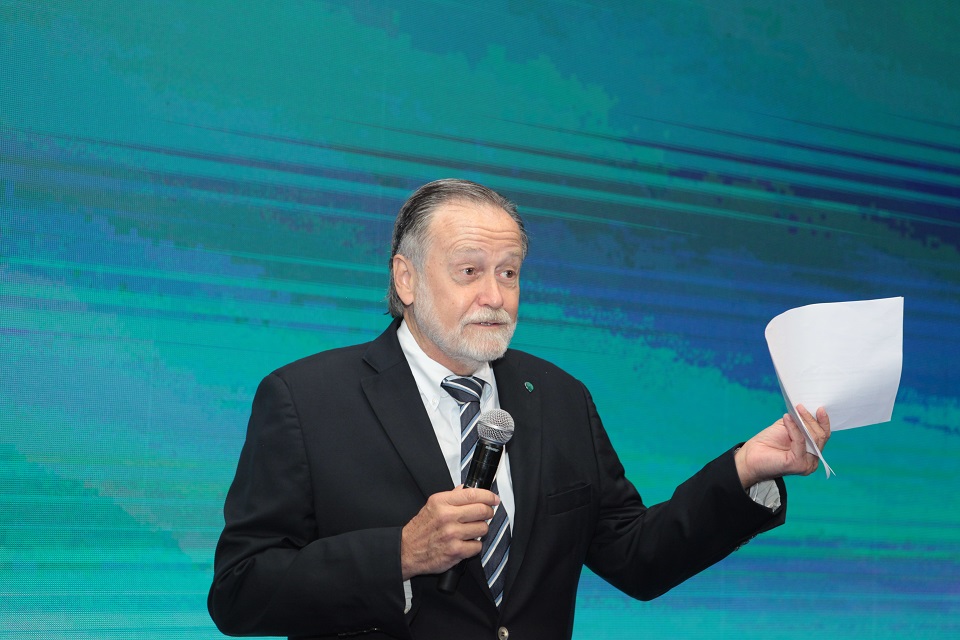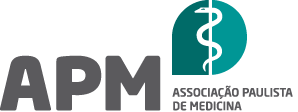The Global Summit Telemedicine & Digital Health APM fifth edition kicked off. This year, the largest Telemedicine & Digital Health event will be held on November 20, 21 and 22 at Frei Caneca Convention Center. The venue was also the stage for the commercial launch of São Paulo Medical Association event, last Thursday, March 2.
Opening the solemnity, APM chairman, José Luiz Gomes do Amaral, reminded that even facing the challenges imposed by Covid-19 pandemic and its consequent social isolation, the Global Summit could bravely withstand, taking advantage of lessons learned from a period of so many uncertainties to evolve and improve.
“The event was conceived by the São Paulo Medical Association and firstly driven by a series of debates aimed at Telemedicine. I believe that in these last four years, we could recover much of the time wasted in the last decades. At our Higher Education Institute, we also have a series of qualification and training programs for professionals in the fields of Telemedicine and Telehealth; therefore, we are deeply involved in this process,” stated Amaral.
The first four Global Summit Telemedicine & Digital Health editions amounted to 558 speakers, 325 hours of content, 63 participating countries, 167 support brands and more than 5,900 congress participants. As Digital Health is a market trend in the upcoming years, according to company Statista – focused on analysis of sector information – revenue is expected to increase 10.8% in the next four years, aiming a share of about 4.71 billion dollars.
Congress chairman, Jefferson Gomes Fernandes, reminded that each previous edition faced great challenges. The event, which has already been held on-site, online and hybrid format, stands out for its high relevance, as discussion around Digital Health is of wide coverage and has been evolving exponentially, especially within the Covid-19 pandemic context.
The segment brings great benefits to the population and Health systems – whether public or private – and it is vital that knowledge and practice evolve continuously. Thus, the Global Summit is an opportunity to share knowledge, experiences and insights, seeking new alternatives for Health care.
“We kept the main topic of last year, which is Digital Health for all. A trend we are clearly seeing, and which the pandemic accentuated, is that people prefer to be taken care of at their homes. I think this topic is challenging, we’re working to bring the public system into the Global Summit. Last year we had the presence of the Ministry of Health and some of its Secretariats, and this year we want to extend that presence. The event proposes to be a space not only to generate advancements from knowledge and practice standpoint, but also business,” explained Fernandes.
Continued development
Next, one of the international speakers already confirmed for this fifth edition, German cardiologist Andreas Keck – professional with vast experience in Digital Health and creator of the Strategy Institute for Digital Health (SYTE), which for years has been operating in business aimed at research and professional qualification in the field – presented an overview. For him, it is crucial that people can perceive how far Digital Health has come.
According to the expert, physicians can be split into five categories within Digital Health scope: managers, business developers, scientists, sceptics and enthusiasts – being this the only one that can completely get into the field context as a whole. As professionals have different goals and ways of utilizing Digital Health, it is necessary to start incorporating the technology in their routines in a simplified manner.
One of those possibilities is to develop applications that patients can use comprehensively, entering symptoms, scoring pain scales and providing an overall description of their conditions – so that the physician may analyze each situation and have a general view, talking then to patients and find a way to treat them. The problem is more application more data to be handled by the physician.
“In Europe alone, investments in that field will go from 500 million euros, in 2020, to 4 billion by 2030, this represents a steady growth of 35%. Besides, Telemedicine is so necessary in Europe, because the population is increasingly getting older, in addition to lack of physicians and nurses. If we stop to think, European physicians are today reaching their 50’s,” he explained.
According to Keck, there are two manners to cope with Digital Health context, through innovation or competition: “If the focus is innovation, a different structure from others is mandatory. If a competitive leadership is desired, as with most companies, it’s mandatory to know l their competitors really well, their structures and weaknesses, and communication must be the key for all. This is easy to understand, but not easy to interpret. I look forward to seeing you all at the Global Summit in November,” he concluded.
Text: Julia Rohrer
Photos: Marina Bustos








